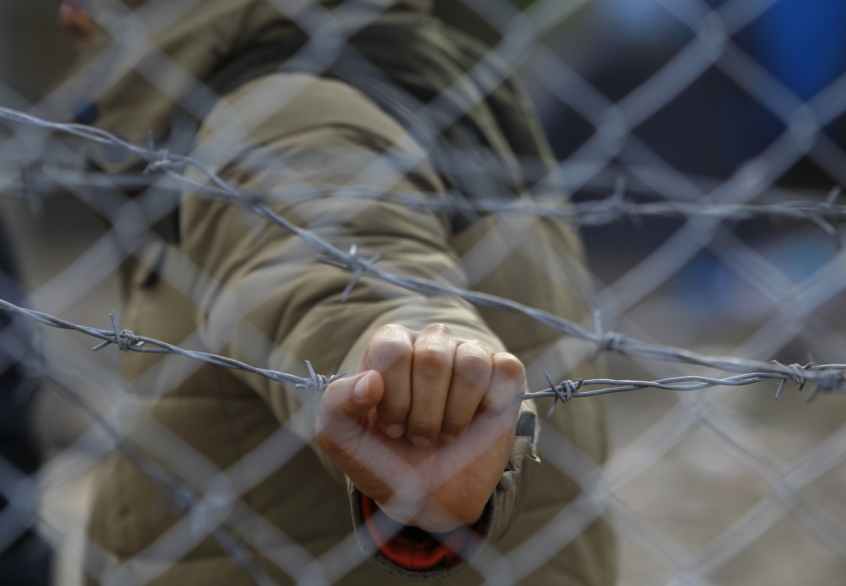
One of the survivors of the massacre of 29 Egyptian Christians in Minya in May said that the Islamic State extremists forced the women off the bus and ordered them to renounce their faith in Christ, but the Copts refused.
Financial Times reported on Tuesday that Mariam Adel, a young mother whose husband and nine of her relatives were killed in the attack, has been speaking from her hospital bed about the terrorist group's attack.
Adel said that the jihadists opened fire with machine guns at the bus carrying the Christians traveling to a desert monastery, before getting on board to kill any men left alive.
As for the women, the radicals ordered them off the bus and told them to convert to Islam.
"Renounce our faith? Of course not," Adel said of the women's reaction. "If we had, they might have let us off the bus and treated us well. But we only want Jesus and we are confident he will not leave us."
In response, IS robbed the women of their gold jewelry and mobile phones, taking what they described as the "spoils of war."
Egypt's minority Coptic population has suffered greatly at the hands of the Islamic militants over the past year.
Twin Palm Sunday bombings in Tanta and Alexandria in April killed 45 people, and there have been several other isolated attacks as well.
Other survivors of the Minya massacre, such as 10-year-old schoolboy Mina Habib, have also opened up about their harrowing experience.
Habib, whose father was one of IS' victims, told Reuters in June:
"They asked my father for identification then told him to recite the Muslim profession of faith. He refused, said he was Christian. They shot him and everyone else with us in the car."
The boy added, "Every time they shot someone they would yell 'God is great.'"
Bishop Anba Makarios, the top Coptic Orthodox cleric in Minya governorate, has said that Christians will not take up arms despite such terrorist actions, Al-Monitor reported.
Makarios explained that any arms training could make Christians the subject of further attacks.
"Some had previously accused the church of storing weapons, but the destruction of dozens of churches in different governorates across the country" in recent years "has proven conclusively that this is not true," the bishop said.
"Terrorists did not find any weapons, or they would have immediately revealed them. If churches had weapons stored on their premises, logically they would have used them to defend themselves during attacks."
FT reported that more than 100 Christians have been killed since December. Emad Gad, a Christian member of the Egyptian parliament from a pro-government alliance, warned that there is "a strong possibility" that more attacks are coming.
"Security measures [may help] but the community is anxious and feels there is nothing it can do to protect itself," Gad said.
Mokhtar Awad, research fellow at George Washington University's Program on Extremism, said that Islamic extremists still heavily blame Christians for supporting President Abdel Fattah al-Sisi and his crackdown on the terrorist-linked Muslim Brotherhood group.
"They have systematically incited against Christians and blamed them entirely for the coup and for the fall of the Muslim Brotherhood," Awad said.
"ISIS has arrived at a point when there is sufficient hatred against Christians that it can try to translate it into action."
This article was originally published in The Christian Post.













